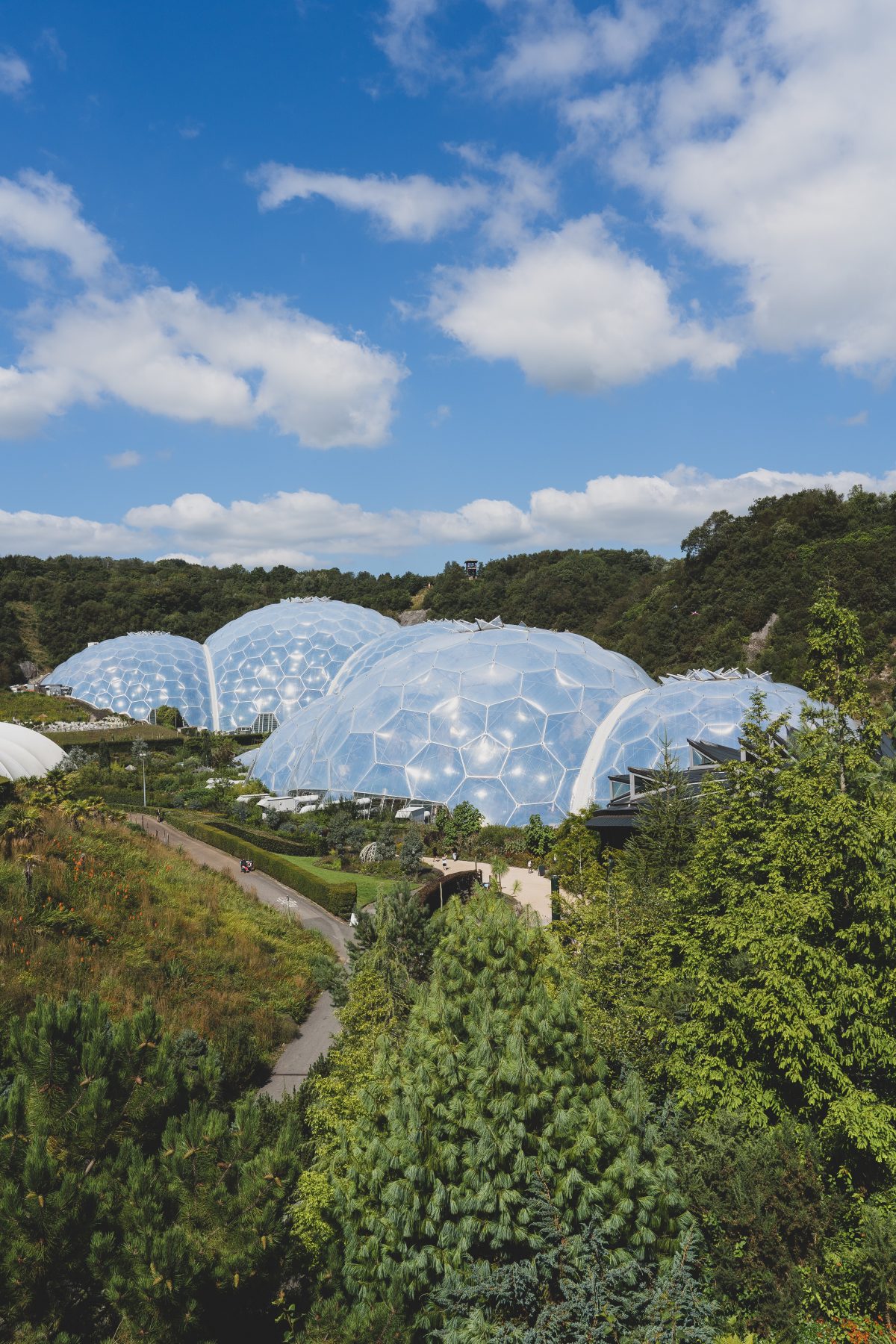
One of the main reasons I joined FourNet was because of its ethical and responsible approach to business.
Corporate Social Responsibility (CSR) and Environmental Social Governance (ESG) are the watchwords in most responsible businesses nowadays, and FourNet has taken these policies and programmes to heart.
Whilst it can always be argued that there is always room for organisations to do more, it’s also fair to say that FourNet is doing more than most – we’ll be covering how soon in our new Responsible Business report.
It’s also why I’m on my way to the Eden Project in Cornwall for this week’s Anthropy gathering -described by some as Britain’s version of Davos for the socially responsible.
Anthropy is a unique gathering of leaders from all sectors, concerned about how we move forward as a nation. The event is focusing on four key questions which will help formulate a new ‘Vision for Britain’.
1. What is the quality of life we want in Britain for the next thirty years?
2. What qualities of place and planet do we need to achieve that quality of life?
3. What qualities do we wish to see in a good economy and in the best of businesses and public sector organisations?
4. What qualities do we want to express to the world, to help solve shared issues such as poverty, climate change and human rights?
So, if the above is the official agenda, what is my motivation for attending?
I don’t consider myself as an industry leader, but this misses the point of Anthropy; it’s about a community of diverse participants coming together to define what our collective future could look like, irrespective of position and status.
Of the four questions, my thoughts are:
1. What is the quality of life we want in Britain for the next thirty years?
To me it’s less about material acquisition and monetary gain, but more around our freedoms and opportunities to live the life that best fits our purpose and needs. It’s about defining what our internal environmental qualities need to be to ensure everyone is able to live the greater extent of their life in ways that align with their values and purpose.
2. What qualities of place and planet do we need to achieve that quality of life?
As important as the above points are, to my mind the external environmental qualities are equal in measure. There are the obvious environmental issues that we must resolve to ensure the planet is protected and capable of providing us a place to live, but on a more micro level there are the places
we live and work, these by definition have a more meaningful impact on our ability to find fulfilment in our lives than the condition of the ‘Great Pacific Garbage Patch’; as important as it’s eradication is.
3. What qualities do we wish to see in a good economy and in the best of businesses and public sector organisations?
Fundamentally I have always felt that business is the very best way to improve people’s lot, the sticking point has always been what defines ‘good business’; business built upon exploitation is clearly counterproductive to building an equitable society, but business with a sole focus on maximisation of profits can also become toxic workplaces who legacy extends past the office or factory walls.
Yes, a company has to be profitable to function and exist, but it also has to be mindful that it is part of a greater societal whole.
4. What qualities do we want to express to the world, to help solve shared issues such as poverty, climate change and human rights?
As I mentioned, one of my main motivators for joining FourNet was because of its CSR and ESG policies and programmes. We all now need to take this message to as many organisations as possible, to show them the benefits that these types of programmes offer not just to their workforce but to the wider society in which they reside.
There are immense advantages to both organisations and their people, and by default wider society.
As our CEO, Richard Pennington, states in FourNet’s Responsible Business report: “We realise the important position that responsible business has taken in winning work and the brand values of a company, but more importantly we realise it’s the right thing to do; something that adds to our employees’ enjoyment and pride in their work, and something that means as a company we add value to the communities in which we operate.
“We also take pride that our social and environmental activities add in a small way to a number of the United Nations Sustainable Development Goals (UN SDGs) a blueprint designed to achieve a better and more sustainable future for all.”